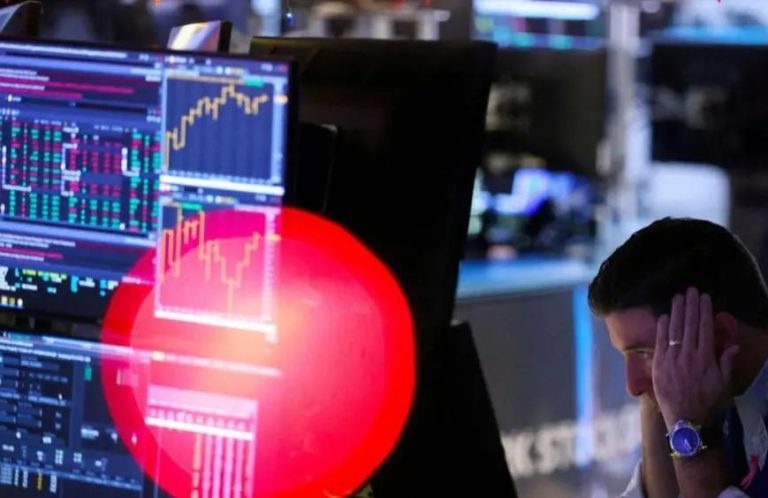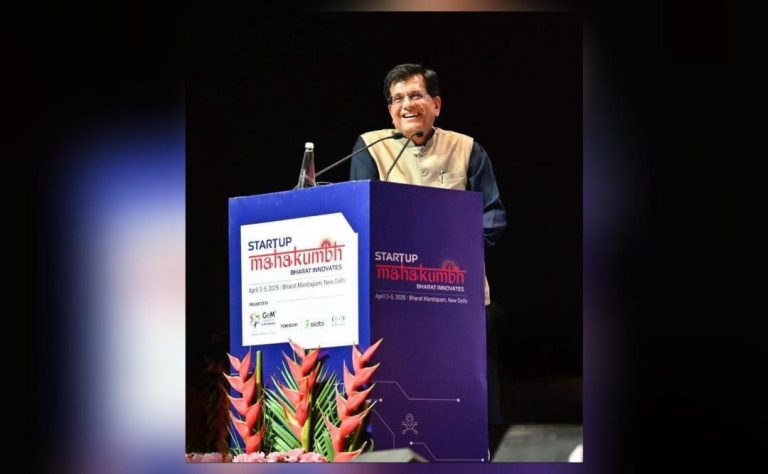
IT Employees Burn Murthy, L&T Chief’s Effigies for Proposing Longer Workweeks
In a bold display of protest, IT employees in Bengaluru burnt effigies of Infosys Founder Narayana Murthy and L&T Chairman SN Subrahmanyan during a demonstration by KITU, an IT employees’ union in Karnataka, against exploitative work practices. The protest was a response to recent comments made by the two industry leaders, who suggested that employees should work longer hours to increase productivity.
Murthy, in a recent interview, proposed that IT employees should work 70-hour workweeks to remain competitive in the global market. He argued that the industry has become too relaxed, and employees are not willing to put in the extra effort required to succeed. Subrahmanyan, the Chairman of Larsen & Toubro (L&T), went a step further and suggested that employees should work 90 hours a week to achieve success.
The comments sparked outrage among IT employees, who felt that their well-being and work-life balance were being compromised. The employees of KITU, a union that represents IT workers in Karnataka, decided to take a stand against these comments and organised a protest in Bengaluru.
Hundreds of IT employees gathered at the Freedom Park in Bengaluru, where they burnt effigies of Murthy and Subrahmanyan. The protesters chanted slogans and held placards that read “No to exploitation” and “We want a better work-life balance”. Despite attempts by the Bengaluru Police to stop the protest, the employees continued to burn the effigies and voice their dissent.
The protest was a significant display of solidarity among IT employees, who are often considered to be among the most skilled and highest-paid professionals in the country. The industry has been growing rapidly in recent years, and many employees feel that they are being taken for granted.
The Indian IT industry has been facing several challenges, including a slowdown in the US market, increased competition from low-cost countries, and a talent shortage. However, rather than addressing these issues through meaningful reforms, some industry leaders have chosen to blame the employees for the problems faced by the industry.
Murthy’s and Subrahmanyan’s comments are seen as a reflection of this attitude. By suggesting that employees should work longer hours, they are essentially asking them to sacrifice their personal lives and well-being to increase productivity. This is not only unfair but also unsustainable in the long run.
The IT industry has been built on the back of its employees’ hard work and dedication. Employees have been willing to work long hours and take up demanding projects to ensure the success of their companies. However, this willingness to put in extra effort cannot be taken for granted. Employees have a right to a better work-life balance, and it is the responsibility of the industry leaders to ensure that their needs are met.
The protest by KITU is a wake-up call for the IT industry. It is a reminder that employees are not just cogs in a machine but are human beings who have a right to be respected and valued. Industry leaders like Murthy and Subrahmanyan need to rethink their strategies and focus on creating a more sustainable and equitable work environment.
In conclusion, the protest by IT employees in Bengaluru against Murthy and Subrahmanyan’s comments is a significant development in the industry. It is a display of solidarity and a demand for a better work-life balance. Industry leaders need to take note of this protest and work towards creating a more humane and sustainable work environment.






